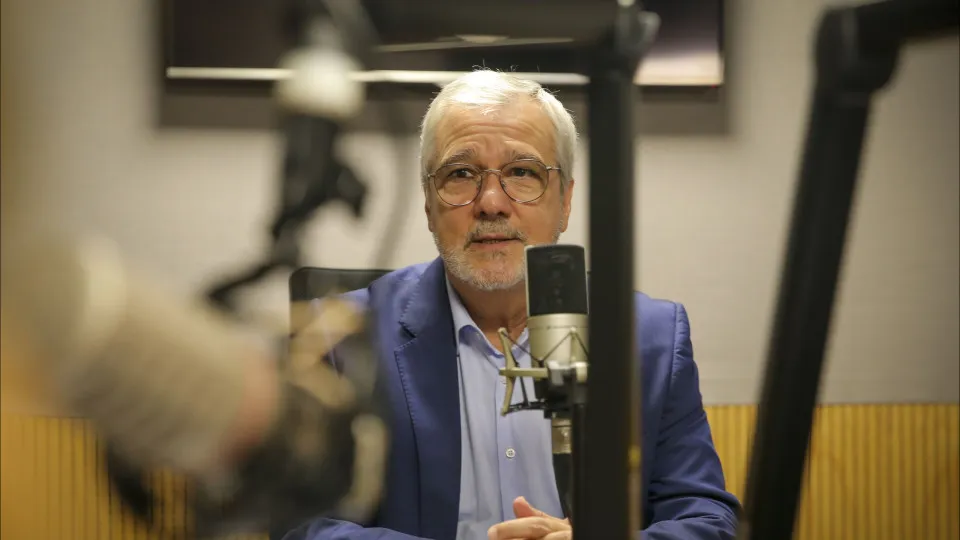
A government program is being criticized as one of the worst for public administration in a democracy, according to Sebastião Santana, coordinator of Frente Comum, during a press conference. Santana argued that the program promotes individualizing labor relations.
In the context of a summit called by the Frente Comum secretariat to assess the current political landscape, Santana claimed that the plan seeks to open public sectors like education to private entities.
Santana noted that the situation with the National Health Service (SNS) aligns with this approach, indicating a similar opening to the private sector.
The Frente Comum also accused the government of initiating labor law changes that regress both democracy and workers’ rights.
“They aim to transform the Portuguese central state into a mere regulator, allowing for a significant private sector presence in public administration,” Santana further stated.
The Frente Comum expressed interest in negotiating an alternative to this program with the government and confirmed that it has already sent a proposal concerning the enhancement of public sector workers.
Regarding Social Security, Santana mentioned a “simple remedy” to ensure sustainability: increasing salaries and pensions to raise contributions and enhance sustainability.
The Frente Comum announced plans for a public demonstration on July 17, advocating against the government’s measures and for improved living and working conditions.
The XXV Government Program, following the May 18 legislative election victory by the AD coalition (PSD/CDS), was submitted to the Assembly of the Republic by the Minister of Parliamentary Affairs, Carlos Abreu Amorim, on Saturday.
After a government meeting, the Minister of the Presidency, António Leitão Amaro, described the document as an “ambitious plan to transform the country,” organized around ten priority axes, including state reform, regulated immigration, increased income, local security, housing, and defense.




